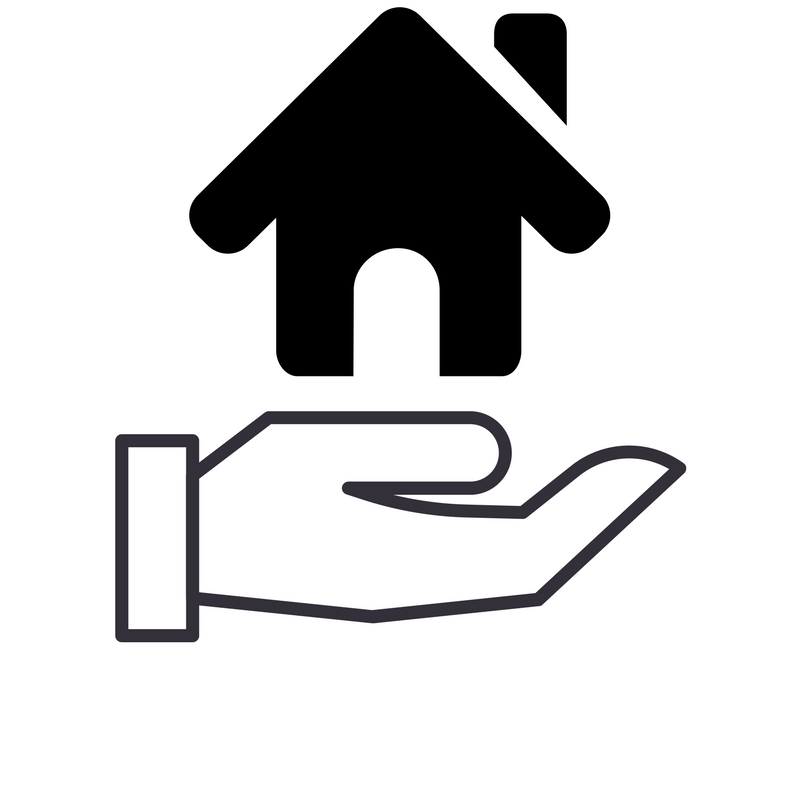What Home Buyers Need to Know When Making a Home Offer
 Congratulations, you have decided to become a homeowner! It’s an exciting time and a new adventure. You may have found the house of your dreams right away, or you may have spent the last several months looking through listings and going to showings. And now the time has come that you found the house you’re ready to buy. That means it’s time to write the home offer.
Congratulations, you have decided to become a homeowner! It’s an exciting time and a new adventure. You may have found the house of your dreams right away, or you may have spent the last several months looking through listings and going to showings. And now the time has come that you found the house you’re ready to buy. That means it’s time to write the home offer.
There are certain requirements when a home offer is being written. We can no longer simply make a verbal offer and have the seller accept it. Items need to be in place in order for the offer and acceptance to be legal.
To help home buyers get started, consider the following.
What needs to be included in your home offer?
When you make a home offer, you need to think through the details and terms of the deal. If the seller accepts your offer, it becomes a legally-binding contract. This contract is known as the purchase agreement and should include the following: address and legal description of the property, the price you were offering, the promise that the seller will provide a clear title, estimated closing date, amount of your earnest money deposit that will be made, details of who will pay for things, like title insurance and termite inspections, details on the type of feed, and any other requirements for your area
Contingencies in your home offer
Contingencies are put in place to protect you throughout the process. The most common contingencies are a home inspection and a home appraisal. These contingencies allow you to back out of the deal while keeping your earnest money deposit if a problem arises with the value of the home or the condition of it.
Without these contingencies, home buyers will be required to move forward with the deal regardless of the findings of an appraisal or inspection.
Determining your offer price
There can be a lot of negotiation between a buyer and seller when trying to agree on the price of the house. The seller is trying to get the most amount of money that they can for the home, while the buyer is trying to get the best deal possible.
If you are in a buyer’s market, you have the upper hand. However, if you’re in a seller’s market, the seller tends to be in control.
To help craft a strong offer it can be a good idea to find out what the comps are selling for in the area. Make sure you take your budget into consideration and then write an offer for the seller. If you’re the only buyer that is interested, you may be able to negotiate with the seller. However, if there are other offers on the table, then you will need to bring your highest offer possible.
Earnest money deposit
When you make an offer, you will need to let the seller know what type of earnest money deposit you are making. This deposit is held by a third party until the deal either closes and it can be combined with your down payment, or the deal falls through and it is either given to the seller or returned to you.
This is a cash deposit that shows the seller that you are serious about your offer. If you fall through on your part of the deal, the seller gets to retain this money.
Once you have made your offer, get ready for negotiations. It is not uncommon for a buyer and seller to go back and forth multiple times before agreeing on the terms of an offer. Make sure that you are quick to respond to any questions in order to keep the process moving. Once your offer is accepted, you will continue the process up through closing.